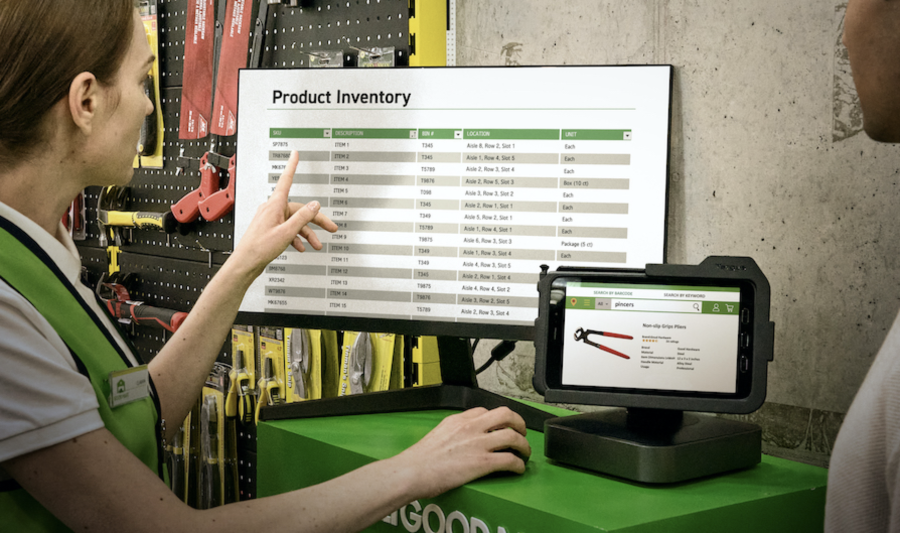


This includes, without limitation, the following: o Programs that set invoke affiliate links and set affiliate cookies automatically, without user knowledge at the time of link invocation o Programs that set invoke affiliate links and set affiliate cookies without the user first having visited the affiliates site o Programs that open extra windows displaying, linking to, or framing Marriott’s Sites, or that open or frame Marriott’s Sites in any hidden, invisible, or minimally visible window You may not use any toolbar, software, and/or application downloads to promote Marriott or your participation in the Program without Marriott’s prior written approval. Toolbar, Software, and/or Application Downloads.o You may not use tracking technology (such as spyware) that enables correlation of tracking data with personally identifiable information o You may not use any kind of adware. You may not cause your web page to invoke Program Links in hidden, invisible, or minimally visible windows via pop- ups or pop-unders, as users enter, browse, or exit your Web site. You may not cause your Web site to invoke Program Links automatically, e.g.

You can unsubscribe whenever you want.Forced Clicks. You may not use any HTML code, IFRAME, JavaScript, or other systems to cause a user’s computer to invoke a Marriott Link, or to otherwise set a tracking cookie on a user’s computer, except at a user’s specific request by specifically clicking on a link to Marriott’s Sites from your Web site, in one of the specific ways set out under the Permissible Program Links section, above. Subscribe to our emails to hear latest news about modern slavery, our work against it around the world, and different ways you can take action.
 4.1 million are forced to work under governments and military rules. 10 million children are in forced labour. 14.2 million are in labour exploitation in industries such as agriculture, construction, domestic work and manufacturing. 4.8 million are in forced sexual exploitation. 16 million people in the private economy. 1.6 million in Central, Southeast and Eastern Europe (non-EU) and the Commonwealth of Independent States. 1.5 million in developed economies (US, Canada, Australia, European Union, Japan, Australia, New Zealand). 1.8 million in Latin America and the Caribbean. Number of people in forced labour worldwide (estimates by the 2012 International Labour Organization): It’s a global problem, although some regions have larger numbers of people affected than others. Migrant workers are targeted because they often don’t speak the language, have few friends, have limited rights and depend on their employers.įorced labour happens in the context of poverty, lack of sustainable jobs and education, as well as a weak rule of law, corruption and an economy dependent on cheap labour. Women and girls are more at risk than boys and men, and children make up a quarter of people in forced labour. It is the most extreme form of people exploitation.Īlthough many people associate forced labour and slavery with physical violence, in fact the ways used to force people to work are more insidious and ingrained in some cultures.įorced labour often affects the most vulnerable and excluded groups, for example commonly discriminated Dalits in India. Manufacturing, processing and packagingįorced labour is the most common element of modern slavery. Construction, mining, quarrying and brick kilns. It is most often found in industries with a lot of workers and little regulation. It affects millions of men, women and children around the world. International Labour Organization Forced Labour Convention, 1930 (No. Almost all slavery practices contain some element of forced labour.įorced or compulsory labour is all work or service which is exacted from any person under the threat of a penalty and for which the person has not offered himself or herself voluntarily.” Lehmeire, Mauritanian domestic worker in Saudi Arabia What is forced labour?įorced labour is any work or service which people are forced to do against their will, under threat of punishment. Once I was slapped round the face for not ironing my employer’s scarf properly.” I soon learned that if we refused to work, the police would be brought in to make us work. When the bosses were out, the house was locked. “The worst part was that there was no rest. Photo: Simon Buxton/AntiSlavery International Over a million people are estimated to be forced to pick cotton in Uzbekistan and Turkmenistan by their own governments every year.
4.1 million are forced to work under governments and military rules. 10 million children are in forced labour. 14.2 million are in labour exploitation in industries such as agriculture, construction, domestic work and manufacturing. 4.8 million are in forced sexual exploitation. 16 million people in the private economy. 1.6 million in Central, Southeast and Eastern Europe (non-EU) and the Commonwealth of Independent States. 1.5 million in developed economies (US, Canada, Australia, European Union, Japan, Australia, New Zealand). 1.8 million in Latin America and the Caribbean. Number of people in forced labour worldwide (estimates by the 2012 International Labour Organization): It’s a global problem, although some regions have larger numbers of people affected than others. Migrant workers are targeted because they often don’t speak the language, have few friends, have limited rights and depend on their employers.įorced labour happens in the context of poverty, lack of sustainable jobs and education, as well as a weak rule of law, corruption and an economy dependent on cheap labour. Women and girls are more at risk than boys and men, and children make up a quarter of people in forced labour. It is the most extreme form of people exploitation.Īlthough many people associate forced labour and slavery with physical violence, in fact the ways used to force people to work are more insidious and ingrained in some cultures.įorced labour often affects the most vulnerable and excluded groups, for example commonly discriminated Dalits in India. Manufacturing, processing and packagingįorced labour is the most common element of modern slavery. Construction, mining, quarrying and brick kilns. It is most often found in industries with a lot of workers and little regulation. It affects millions of men, women and children around the world. International Labour Organization Forced Labour Convention, 1930 (No. Almost all slavery practices contain some element of forced labour.įorced or compulsory labour is all work or service which is exacted from any person under the threat of a penalty and for which the person has not offered himself or herself voluntarily.” Lehmeire, Mauritanian domestic worker in Saudi Arabia What is forced labour?įorced labour is any work or service which people are forced to do against their will, under threat of punishment. Once I was slapped round the face for not ironing my employer’s scarf properly.” I soon learned that if we refused to work, the police would be brought in to make us work. When the bosses were out, the house was locked. “The worst part was that there was no rest. Photo: Simon Buxton/AntiSlavery International Over a million people are estimated to be forced to pick cotton in Uzbekistan and Turkmenistan by their own governments every year.








 0 kommentar(er)
0 kommentar(er)
